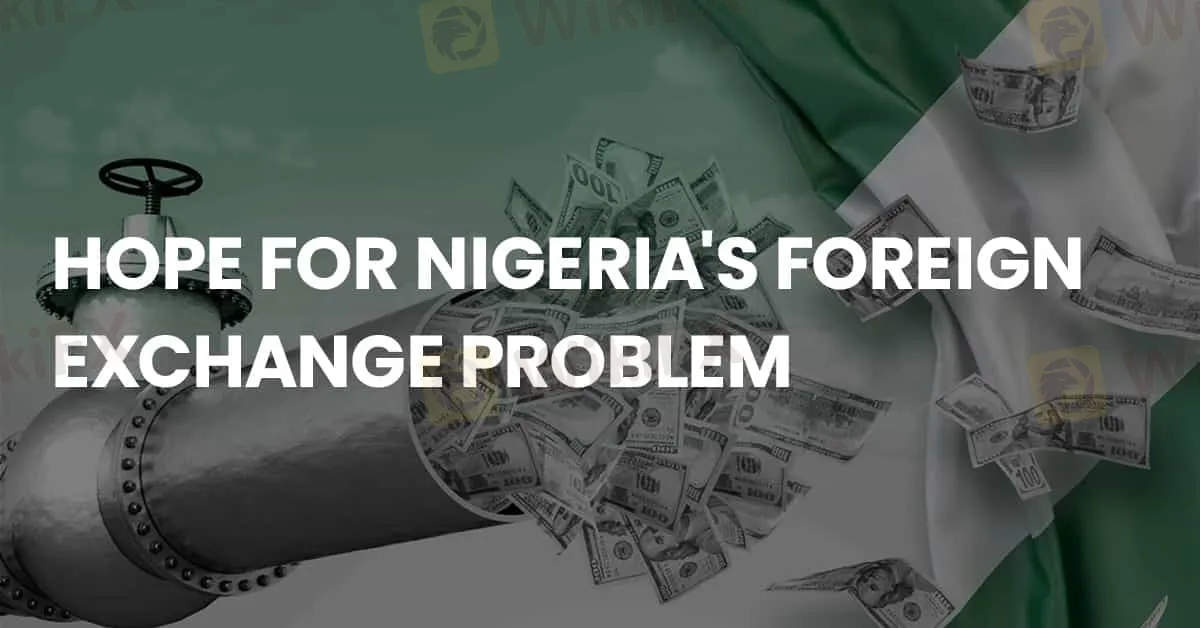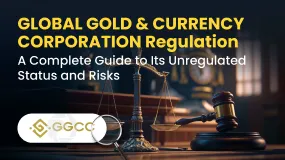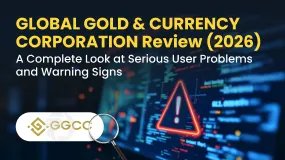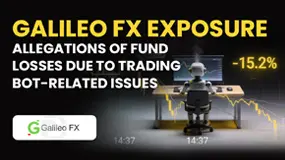Abstract:Issues with inflation are not specific to Nigeria; rather, they are global problems that have economic histories of many other nations. Previously, similar problems have been faced by Ghana, Venezuela, Argentina, Columbia, and other countries. In the aforementioned nations, a variety of strategies were used, some of which were effective in reducing the problems with inflation and FX.

Issues with inflation are not specific to Nigeria; rather, they are global problems that have economic histories of many other nations. Previously, similar problems have been faced by Ghana, Venezuela, Argentina, Columbia, and other countries. In the aforementioned nations, a variety of strategies were used, some of which were effective in reducing the problems with inflation and FX.
The current FX crisis in Argentina is a result of the previous governments' failure to enact structural measures that would have promoted capital flows. During the oil boom of the 1970s, the country chose to restructure its foreign debt instead of implementing harsher austerity measures.
The 1999 Columbia foreign exchange crisis was mostly caused by consumer and corporate public sector expenditure, which is similar to what the public and political sectors in Nigeria are currently doing. Ghana's economy was a monoproduct one that was mostly dependent on cocoa for foreign exchange revenues prior to its recent commercial oil discoveries. Over 40% of Ghana's export earnings and over 90% of food demands are met by the country's agricultural sector. However, the government of Ghana has not allocated the implement methods that would increase agricultural output. Consequently, there was augmenting the cocoa yield, a move that would stimulate job creation and economic expansion.
Nigeria's problems stem from a mix of some of the variables associated with the previously named nations, and our solutions need to be based on the present economic policies that are crucial for the growth of the GDP of the nation. In this context, I think our fx management include the following.
First and foremost, there needs to be an immediate suspension of all administrative and regulatory actions related to goods shipments from Nigeria. In order to increase earnings, this strategy will incentivize exporters to provide cost advantages and competitive prices in global marketplaces. The several tier government departments that are currently situated at our export terminals ought to be abolished, with the exception of those who oversee national intelligence. Government action has mandated an open operating environment for all manufacturing and export businesses. It's time to give up on the idea that some individuals get waivers and others don't.
Second, the government should look at the foreign exchange allocation policy of the Central Bank of Nigeria (CBN). Under the current proposed legislation, fx can only be distributed by Letter of Credit (LC) for capital items and equipment. Financial institutions breaching this rule should face a two-year ban from the foreign exchange market, and banks with licenses should not be allowed to finance imports of non-capital goods. Only those raw materials without local alternatives should get foreign exchange allocations from small and medium-sized enterprises. For instance, it should be mandatory for manufacturers of alcoholic beverages to use Nigerian sorghum, maize, or any other agricultural input without any limitations.
In addition, a five-year administrative embargo on foreign exchange allocated for medical tourism or school fees abroad should be implemented in order to support the expansion of regional healthcare and educational facilities. In order to draw in overseas students, who will inevitably have to pay tuition in foreign currencies, our educational system needs to be inventive. Basically, all Form A transactions should be terminated, with the exception of certain items that the Governor of the CBN may approve at his or her discretion.
Third, there has to be a downward assessment of tariffs and other levies, especially those related to imports. All imports covered by an Unconfirmed Letter of Credit (ULC) should get a refund of all fees and fines equal to at least 50% of the remaining amount. This will encourage the diaspora's investors to contribute capital to the economy. As long as they are categorized as capital goods, only imports covered by the ULC arrangement ought to be eligible for the CBN interventions fund. It should be permissible for non-capital goods imported under ULC to use independent foreign exchange sources to fulfill any potential liabilities with minimal documentation requirements. The cancellation of outstanding Form A and forward contract commitments, together with the return of impacted firms' and individuals' naira deposits for reinvestment in money market bonds and local capital, could alleviate pressure on the government regarding foreign exchange.
Finally, permissions for foreign exchange and per diem should be granted through the Department of Foreign Affairs in the President's office, with CBN clearance obtained thereafter, in order to curb the uncontrolled international travels of public sector and political officials.Essentially, political office holders must gain these approvals in order to get a per diem for travel, with an annual cap of $20,000 per office holder.
In conclusion, Nigeria has to manage and solve its foreign exchange issues using a multilayered phase method. Under a public-private sector initiative, the first phase should last for a medium period of roughly four years under a controlled supervisory environment.










